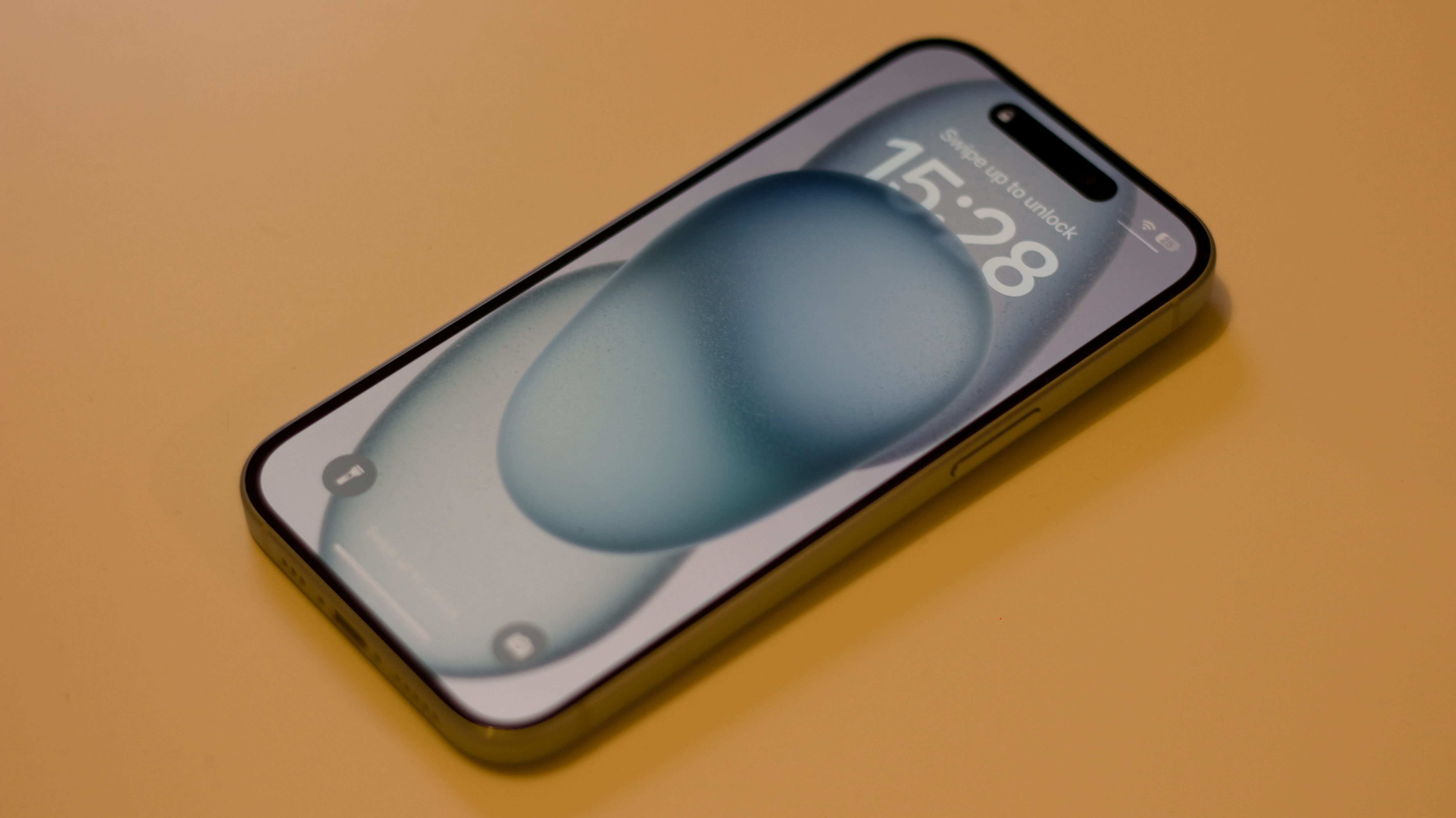
The last few years of iPhone processors have been a little weird when comparing to what historically happened for a while. Thankfully, Apple seems ready to get back to how it did things before.
If you've been keeping up with the processors that power the base model iPhone compared to the iPhone Pro models, you've noticed that, in recent years, Apple started packing the processor it used in last year's Pro model in the latest base model iPhone. For example, the iPhone 14 Pro was powered by the A16 Bionic chip. The iPhone 14, however, used the A15 Bionic which was originally launched in the iPhone 13 Pro.
This wasn't always the case, but it worked fine for a few years like this. While some people complained about the base model iPhone getting a year-old processor, that processor was more than capable of powering what base model iPhone users were throwing at it. Still, it made things a little confusing.
With the iPhone 16, Apple may be fixing that confusion — and probably for a good reason.
All four iPhone 16 models will get the A18
As reported by MacRumors, code discovered in Apple's backend makes mention of five new iPhone models that will feature its latest processor. While some could point to the company finally releasing the iPhone Ultra, I don't think that's what we're looking at here.
Instead, this code is likely talking about the iPhone 16, iPhone 16 Plus, iPhone 16 Pro, and iPhone 16 Pro Max...and the long-rumored next-generation iPhone SE. So, does that mean every iPhone — even the iPhone SE — is getting the A18 Pro chip? Not so fast.

While every new iPhone may get some VERSION of the A18 chip, the A18 Pro will still likely be limited to the iPhone 16 Pro and iPhone 16 Pro Max. If that's the case, why not just give the iPhone SE, iPhone 16, and iPhone 16 Plus the A17 chip? Well, it never existed. The iPhone 16 got the A16 chip and the iPhone 16 Pro got the A17 Pro, so there's no base A17 to give here.
So, it seems Apple is skipping ahead to the A18 for the iPhone 16 and iPhone 16 Plus — something that also makes a lot of sense since it likely wants to ensure that all future iPhones can support its upcoming Apple Intelligence features. Only the iPhone 15 Pro and iPhone 15 Pro Max will be able to support those features due to the power of the A17 Pro chip.
One thing is for sure — that A18 is going to be a powerhouse.







